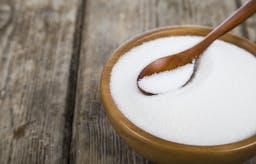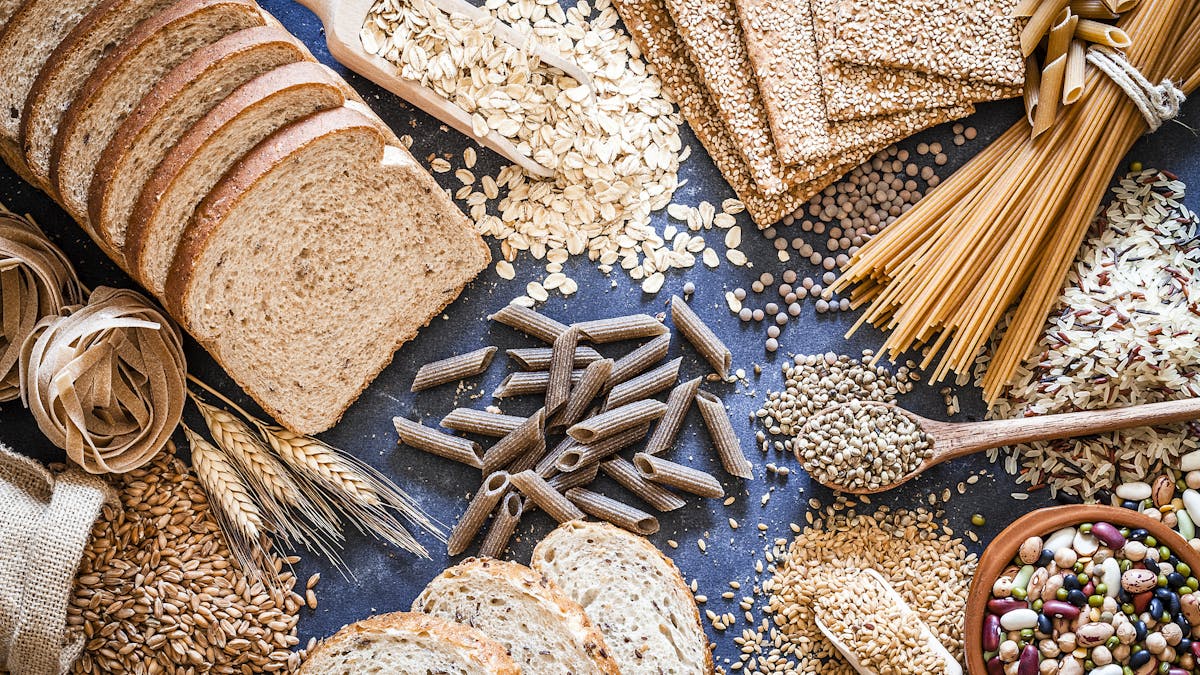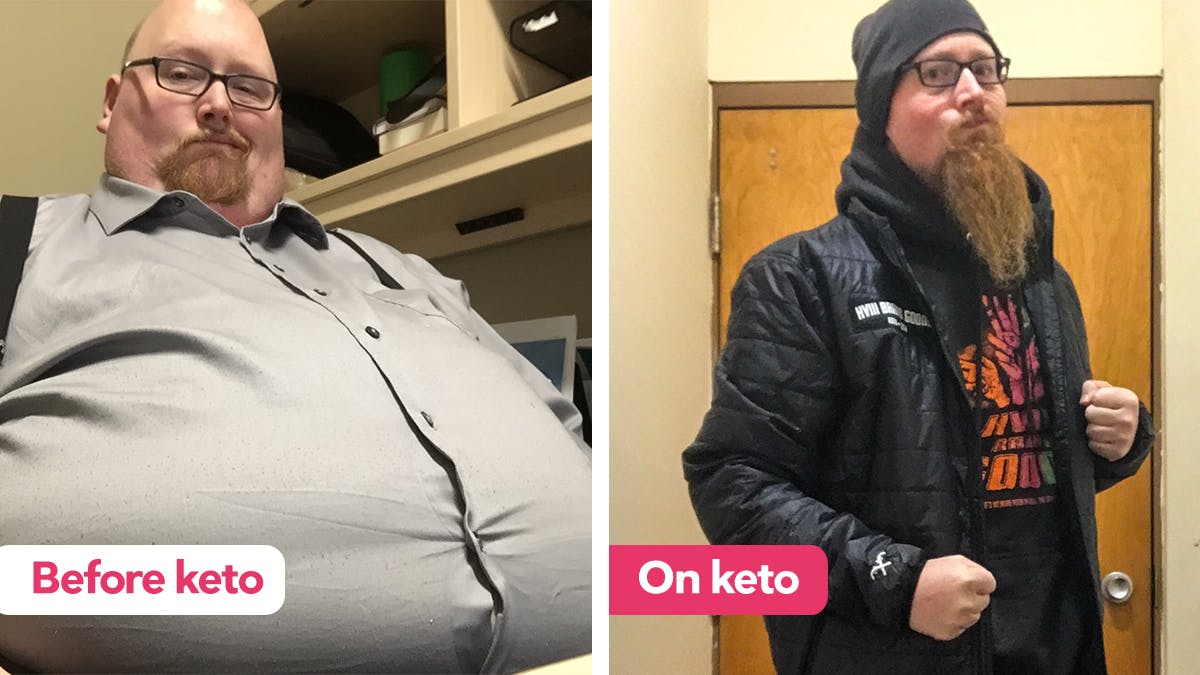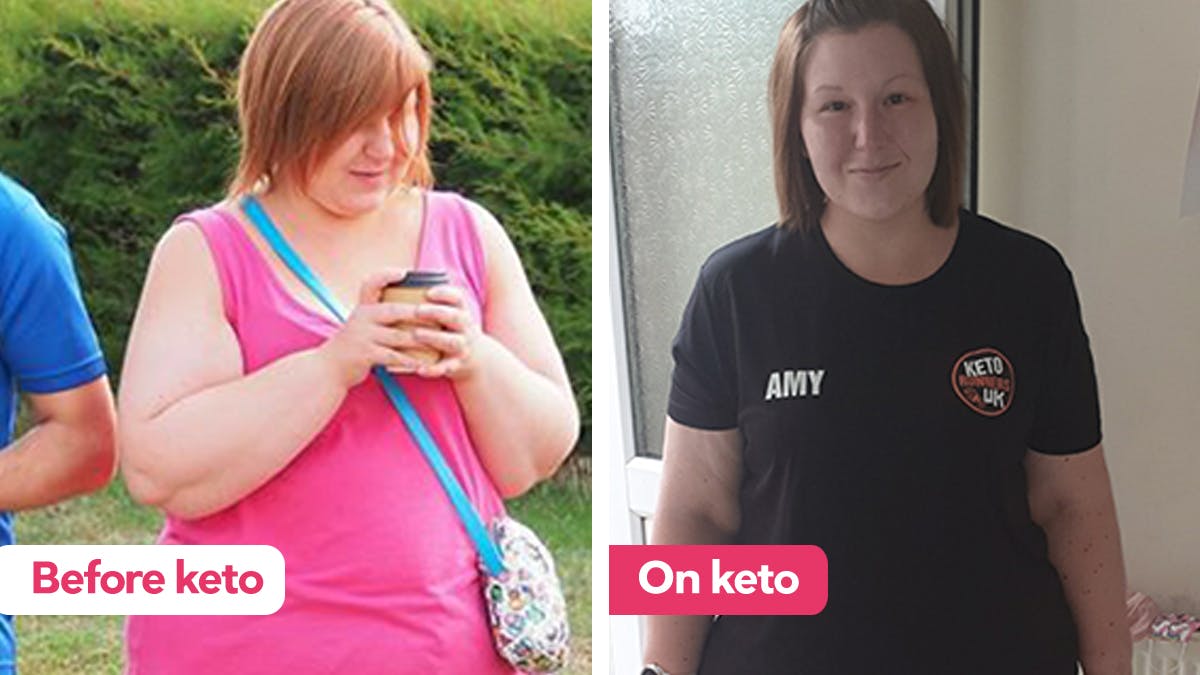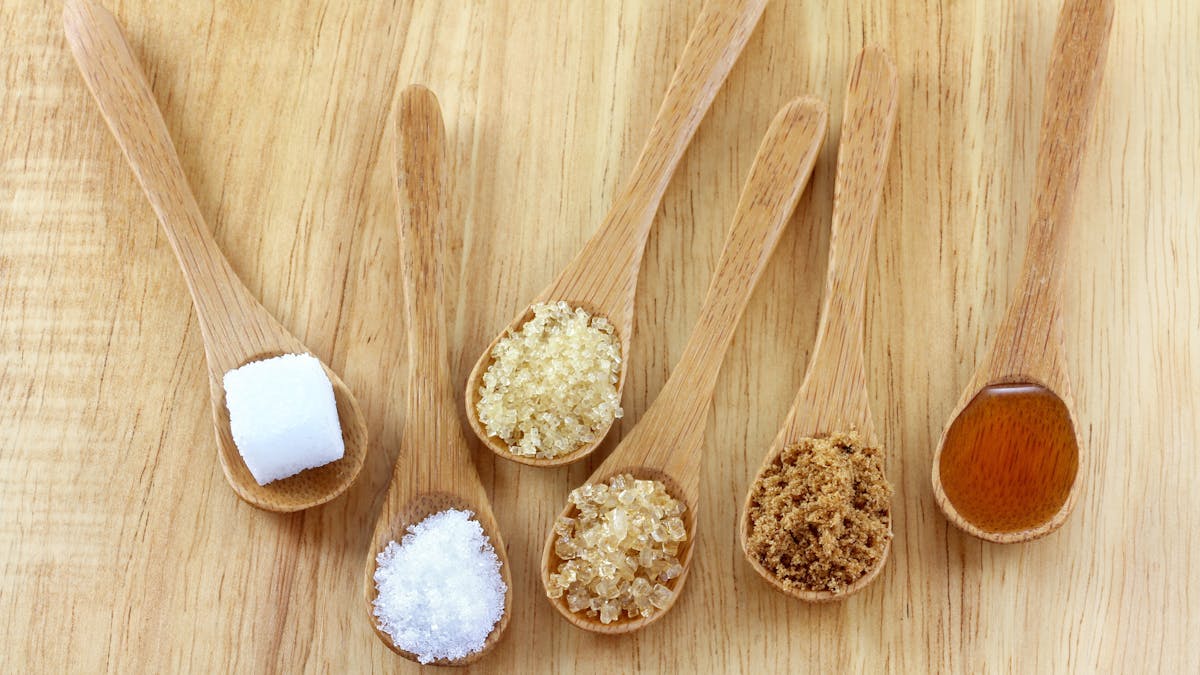Archive | Food
High-carb diets increase brain reward signals, possibly starting a process for addiction “Can I have cheat days on keto?” How Mike broke free from food addiction with a keto diet 'I’m now completely liberated around food' 'Low carb and sport are a perfect match' How to get back on keto after a binge Petition calls for the return of Dr. David Unwin’s sugar infographics
| All posts (1117) | Hospital food (3) | Real food (30) |
| Alcohol (13) | Industrial food-like products (15) | Recipe collection (3) |
| Coffee (7) | Junk food (18) | Recipes (527) |
| Cooking videos (39) | Keto (727) | Resistant starch (4) |
| Dairy (12) | Low carb & high fat (481) | Salt (12) |
| Diet Doctor's LCHF (2) | Meat (56) | Saturated fat (51) |
| Fake low-carb products (9) | Mediterranean diets (5) | Sugar/fructose (103) |
| Featured recipes (94) | Non-caloric sweeteners (12) | Vegetable oils (2) |
| Food for animals (3) | Omega 6 (6) | Vegetarian LCHF (7) |
| Food for kids (12) | Paleo diets (17) | Vegetarian diets (21) |
| Food industry (6) | Polyunsaturated fat (9) | Wheat (13) |
| High-protein (21) | Protein (49) |
Popular
All posts
NewsDecember 6 2020, by Amanda Åkesson, BSc, medical content by Bitten Jonsson, RN
'Should I measure my portions as a sugar addict?'NewsOctober 11 2020, by Amanda Åkesson, BSc, medical content by Bitten Jonsson, RN
How do you stay on track when cravings hit?NewsJuly 20 2020, by Amanda Åkesson, BSc, medical content by Bitten Jonsson, RN
Should you fast if you are addicted to sugar?
